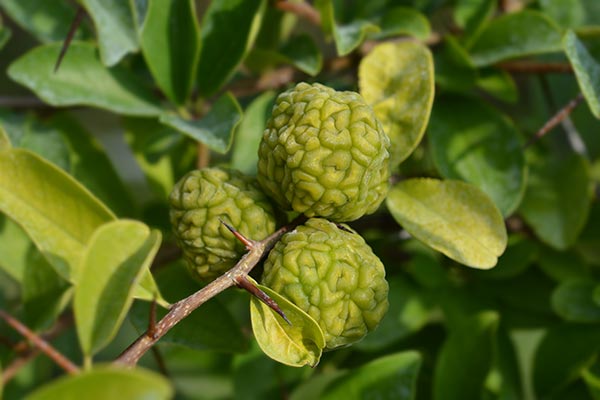Compound found in green tea dissolves dangerous plaque found in blood vessels
06/27/2018 / By Isabelle Z.

Green tea already gets a lot of attention for its potential to fight cancer, but there’s another very important benefit that is making the beverage an even more attractive option than it already is. Scientists have found that a compound in green tea can dissolve the protein plaques in blood vessels that can cause heart attacks.
Scientists already know that EGCG, or epigallocatechin-3-gallate, a compound found in green tea, can reduce the amyloid plaques in the brain that lead to Alzheimer’s disease. It turns out that this effect also carries over to blood vessels in general, and the life-saving potential of this discovery is huge.
When fatty material builds up within the arteries and reduces blood flow to the brain and heart, a protein known as apoA-1 causes further deposits to build up quickly and raises a person’s risk of stroke or heart attack. In this study, researchers from the University of Leeds and Lancaster University found that EGCG can bind to amyloid fibers in apoA-1 and convert them to smaller molecules that are soluble and less likely to cause damage to blood vessels.
The researchers are looking for ways to help people increase the EGCG in their blood without drinking massive quantities of green tea. Delicious as it may be, the amounts needed are simply too difficult for many people to get from drinking green tea alone, and there could be side effects from drinking so much of it. They are looking into ways of making EGCG more easily absorbed from the stomach and better able to stand up to metabolism; they’re even considering developing injections that could deliver the molecule directly to the plaques so it can do its work more quickly and effectively.
The study’s co-author, Professor Sheena Radford, commented: “The findings of this round of studies are very encouraging. We now need to apply the best scientific techniques to find how we can take the molecular EGCG element from green tea and turn it into a functioning tool to combat life-limiting health issues.”
Drinking green tea for its health benefits
Even though the researchers said that normal amounts of green tea are unlikely to bring about the desirable heart effects, there are plenty of other reasons you may want to drink it. It contains a high amount of polyphenols that can help diminish the problems caused by free radicals within the body’s cells. The EGCG in green tea rightfully gets most of the attention, but it also contains nutrients like manganese, selenium, chromium, zinc, and vitamins A, C, D, and E.
Its polyphenols have a tumor-reducing effect, and regular green tea consumption has been linked to a lower risk of cancers like those of the skin, colon, prostate and breast.
If you’re looking to drink green tea for health benefits, you might want to consider the matcha variety, which has ten times the antioxidants of regular green tea. It’s a powder made from the young leaves of green tea after they’ve been placed in the shade for several weeks prior to harvesting. This causes their chlorophyll levels to rise significantly, transforming their nutritional and antioxidant profile. Chlorophyll has a detoxifying effect, and some people find its texture and flavor more pleasing than that of traditional green tea. The L-theanine in matcha is believed to improve mental alertness, and like regular green tea, it’s also very high in EGCG.
It might be just a matter of time before scientists can harness the heart-attack-fighting power of the EGCG in green tea, but there’s no reason you can’t enjoy its other benefits by drinking a cup of this healthy beverage on a regular basis.
Sources include:
Tagged Under: blood vessels, dementia, EGCG, Green tea, heart attack, heart health, Herbs, matcha, mind body science, natural medicine, natural remedies, nutrients, phytonutrients, prevention, stroke
RECENT NEWS & ARTICLES
Herbs.News is a fact-based public education website published by Herbs News Features, LLC.
All content copyright © 2018 by Herbs News Features, LLC.
Contact Us with Tips or Corrections
All trademarks, registered trademarks and servicemarks mentioned on this site are the property of their respective owners.




















